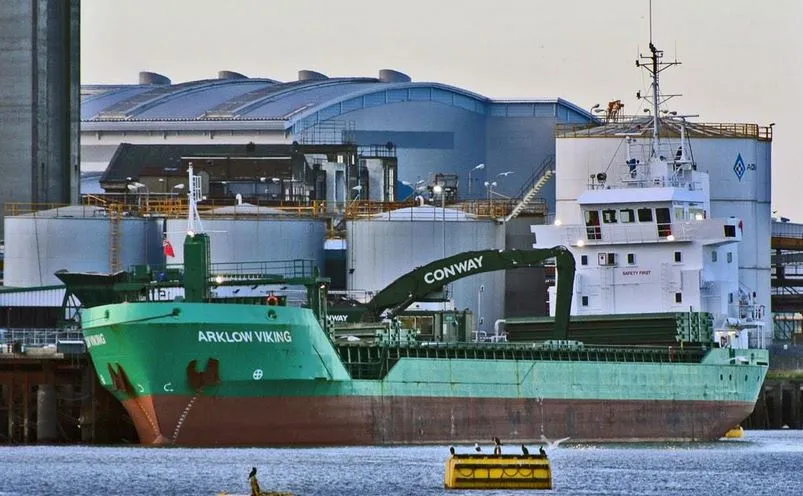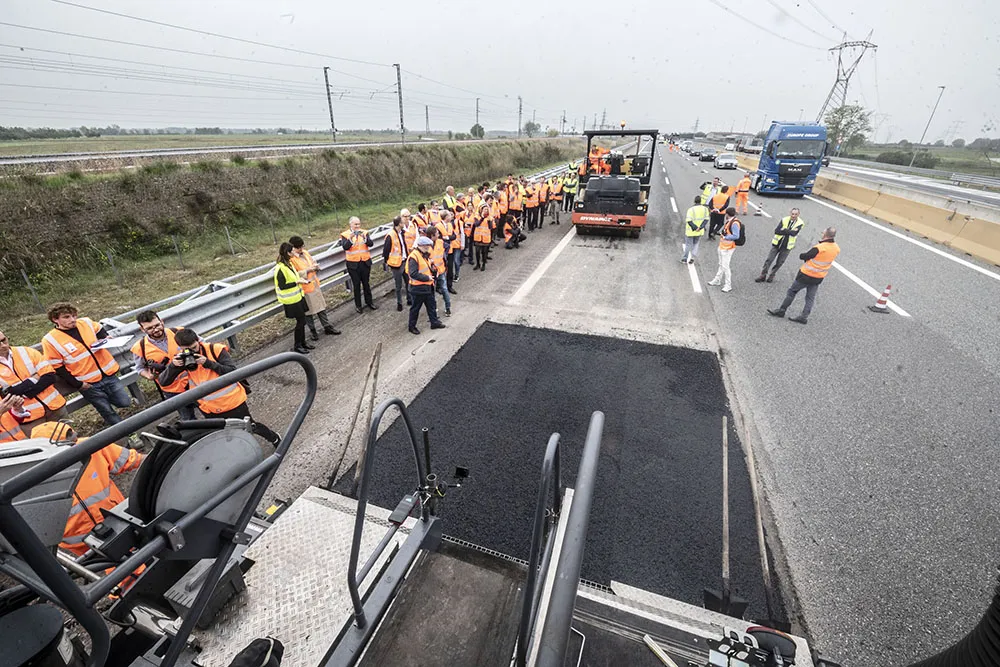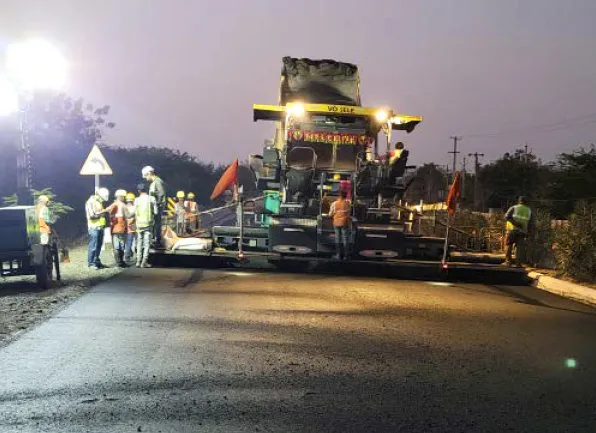
The use of recycled materials within our road network is well-established, but a persistent debate continues around the extent to which asphalt can be reused. Although increasing the proportion of recycled asphalt offers significant economic and environmental benefits, there remains a resistance to using these mixes within the surface course where performance is critical.
New plant technologies and continuing research enable us to incorporate higher percentages of recycled content without compromising road surface performance. Our challenge is to raise awareness of opportunities that these technological advances bring and to change mindsets within the industry to allow adoption of new techniques.
The economic value of recycling existing road material is quite clear. Every tonne of asphalt within road surfaces has already been extracted, manufactured and laid at a considerable cost Reusing this material provides an opportunity to recover that historic investment. This is a circular economic model which continues to unlock value.
The economic argument for recycling is supported by an environmental one. Reusing existing material dramatically reduces our industry’s carbon footprint compared to the extraction of new aggregates. In parts of the country where high quality virgin aggregates are scarce, including the south east of England, using recycled asphalt reduces transportation distances. In this context, creating a wider network of asphalt recycling plants is an important element of any programme to boost reuse of existing material.
To unlock these financial and environmental savings, we need a more ambitious approach to the reclamation and reuse of highways arisings.
There is no reliable estimate of the amount of recycled material incorporated into the UK’s roads as hot mix asphalt, but any subjective assessment would be significantly less than 20%.
This reticence is restricting the amount of recycled content used in our roads.
Limiting the use of recyclables in the surface course is being driven by the high polished stone value (PSV) traditionally specified by highways network operators, which has been relied upon to ensure sufficient skid resistance. In the context of safety, the reluctance to trial new techniques is understandable. But it is also holding back efforts to develop and trial alternative materials which have the potential to match the performance of high PSV mixes.
In this, there is a stark difference between private and public sector work. Whereas we regularly use up to 40% recycled material for private clients, we face a challenge to reassure public network operators that surface courses with a high level of recycled content can provide the same performance as those with high PSV levels.
Providing this reassurance relies upon two things: demonstrating our ability to develop new mixes and demonstrating their effectiveness.
Developing the materials is the simpler part of this problem. The use of increasingly sophisticated plant recycling processes means that we can develop a much greater understanding of the materials that we’re working with. This in turn enables us to create new mixes which respond to specific requirements from the network.
We have been monitoring the surface’s performance since March 2016 with very encouraging results. Early indicators show that skid resistance benchmarks commonly associated with high levels of PSV are being matched at Mill Hill.
We will continue to monitor the trial for a further two years, but thus far we are encouraged that the precedent at Mill Hill will start to tip to balance in favour of recycled aggregates within surface courses.
Maintain momentum
On the back of this work, more trials are needed to boost our understanding of these materials to enable us to present a robust case for increasing the proportion of recycled asphalt.
But, importantly, the advancement of recycled asphalt will rely on sharing knowledge of new techniques and trials across the industry. Private and public interests must build a cross-sector consensus which recognises the capabilities as well as the economic and environmental value of recycled asphalt.









